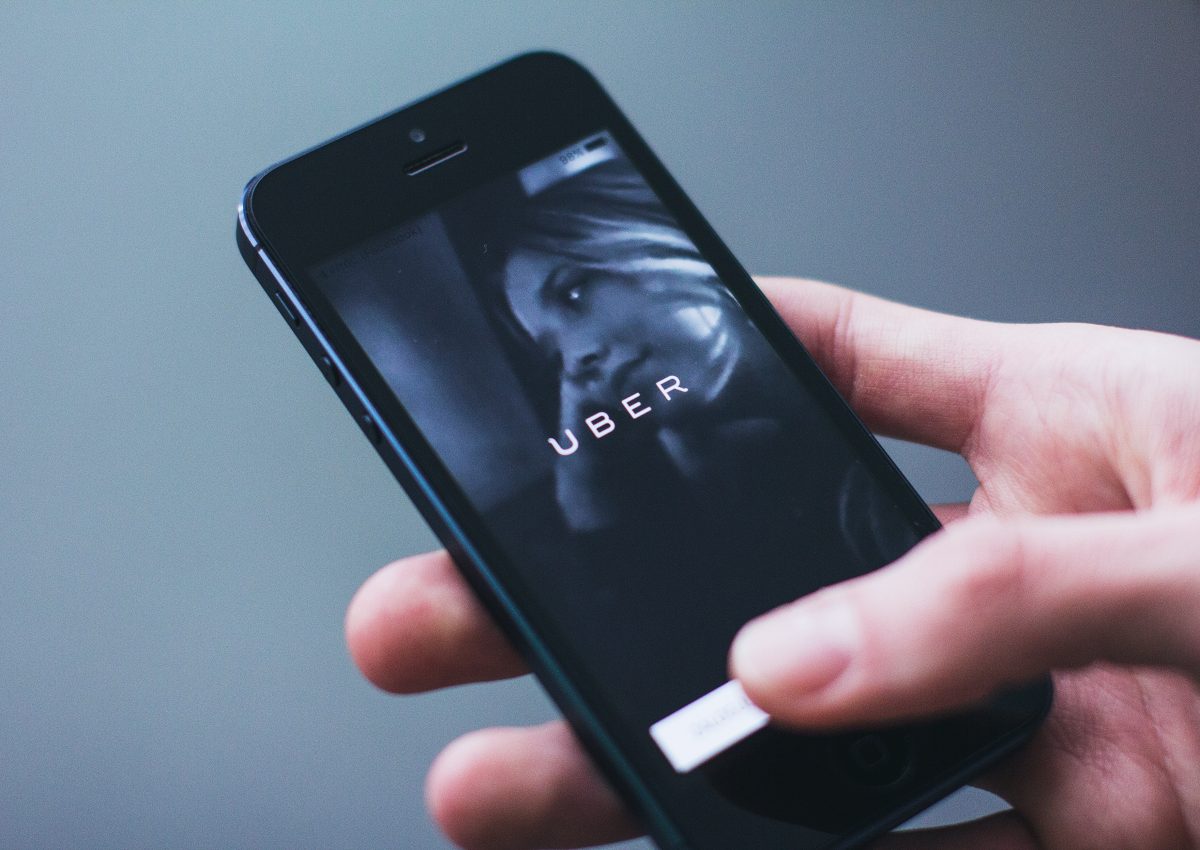
The squeaky wheel gets the grease – after a five-year legal battle, Uber drivers have won against their employer in the Supreme Court.
Uber BV and others v Aslam and others [2021] UKSC 5
Context
The case was brought by a pair of Uber drivers, Mr Yaseen Aslam and Mr James Farrar, who claimed they were workers rather than self-employed contractors and therefore entitled to the national minimum wage, among other protections. Uber, meanwhile, claimed they were a technology provider, acting as a booking agent and payment collector for drivers. A five-year legal battle ensued to determine whether Uber drivers are categorised as workers or self-employed.
What rights is a worker entitled to?
- National Minimum Wage for work done (National Minimum Wage Act 1998)
- Paid annual leave (Working Time Regulations 1998)
- Right not to suffer detrimental treatment having made a protected disclosure (Employment Rights Act 1996)
Having lost at the employment tribunal, the Employment Appeal Tribunal and the Court of Appeal, the Supreme Court was Uber’s last chance.
Supreme Court Decision
The court held that Uber drivers are workers, entitled to minimum wage, holiday pay and rest breaks. Drivers are considered to be working anytime they’re “logged into the app and able and willing to accept trips”.
What factors did the court consider?
- Drivers’ pay is fixed by Uber and drivers cannot charge more than the fare shown on the app
- The drivers have to accept Uber’s standard terms of contract
- Uber controls the information given to the driver as well as monitoring the drivers’ rates of acceptance or cancellation of lift requests, with the power to impose penalties
- Uber exerts significant control over the drivers, including specifying routes and operating a rating system
- Drivers are prevented from establishing relationships and communicating with passengers beyond an individual ride
It was clear from these combined factors that Uber intended to offer a standardised service to customers, giving drivers little opportunity to improve their economic position by entrepreneurial ability, only by working longer hours.
Consequences
- Uber will have to pay compensation for those workers affected, which could potentially be thousands
- It’s going to be harder for other companies employing people using digital platforms to claim they are self-employed
- There is even greater pressure on the government to review rights of workers in the gig economy
- “The Supreme Court’s Judgment is a clear and powerful restatement of the importance of basic employment protections. It will shape all future cases concerning the gig economy.” – Paul Jennings, partner at Bates Wells, representing the claimants

